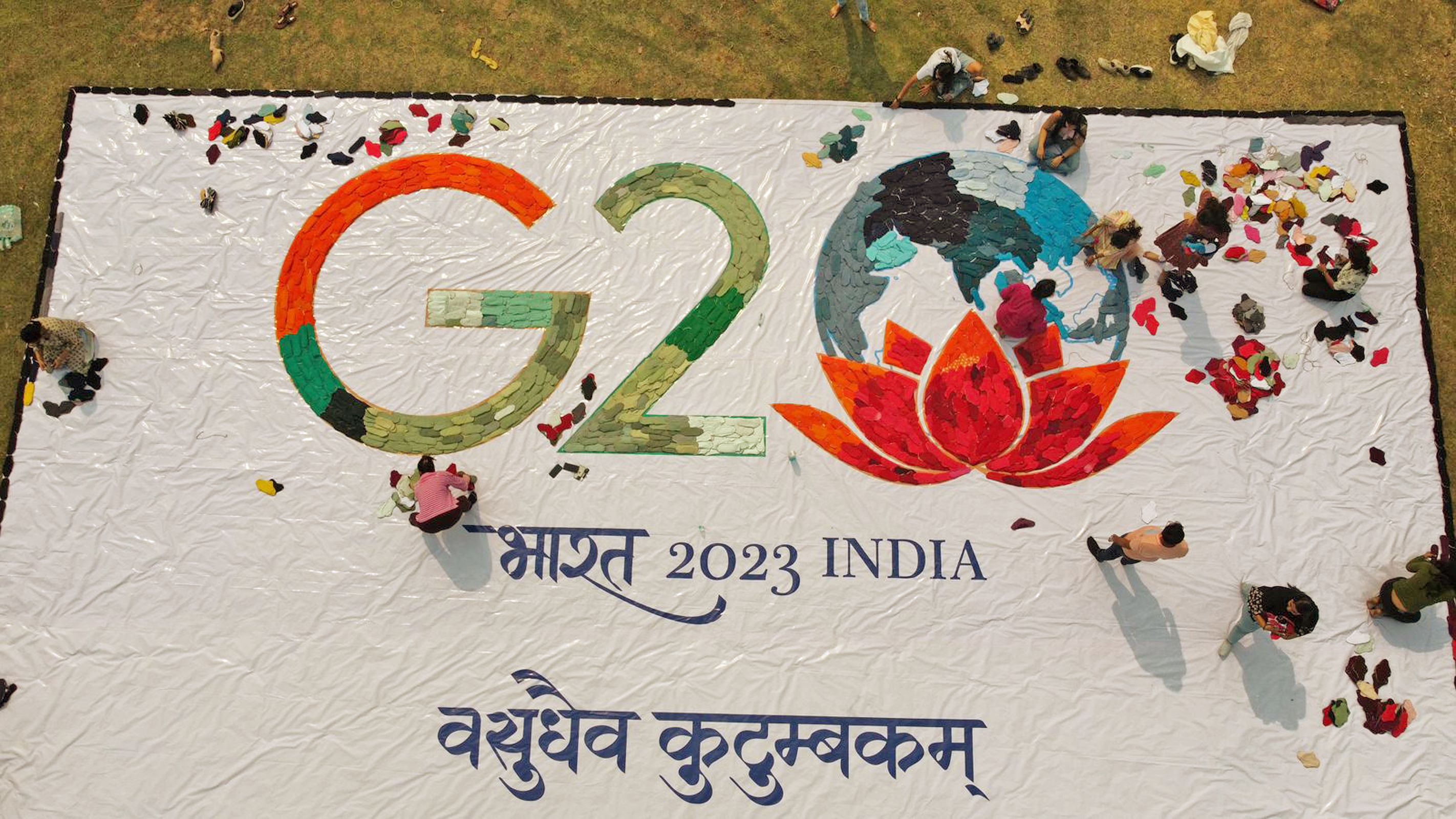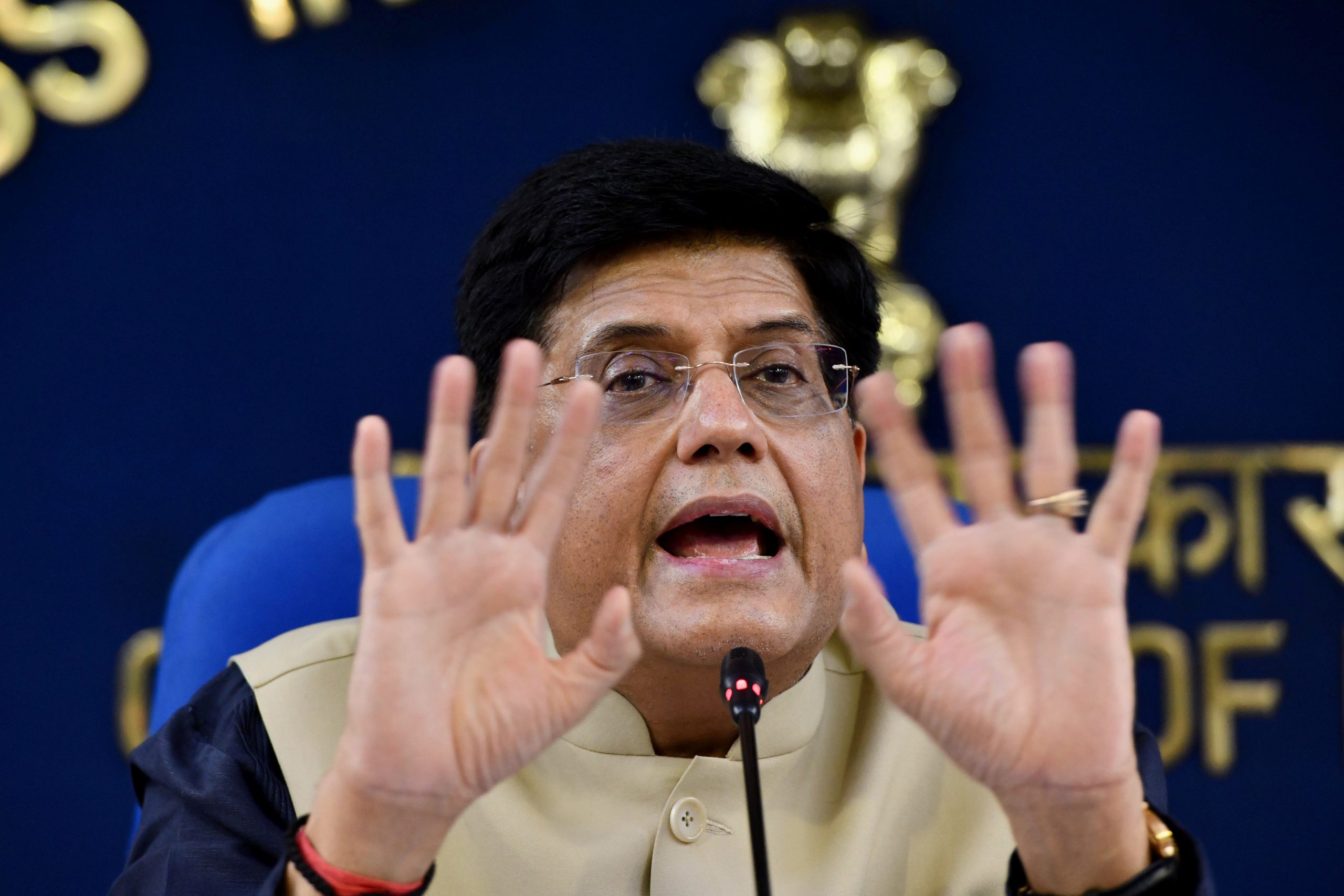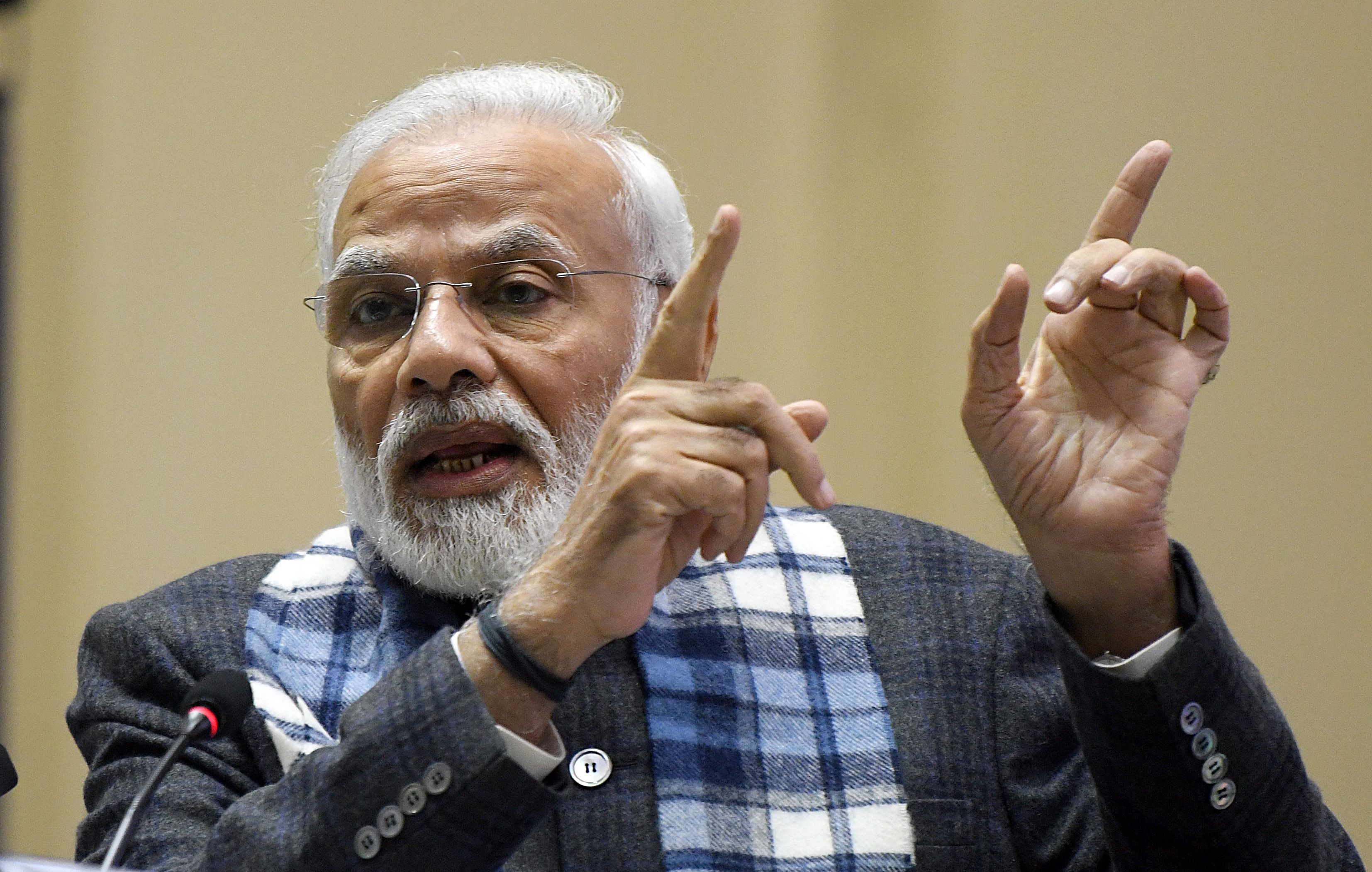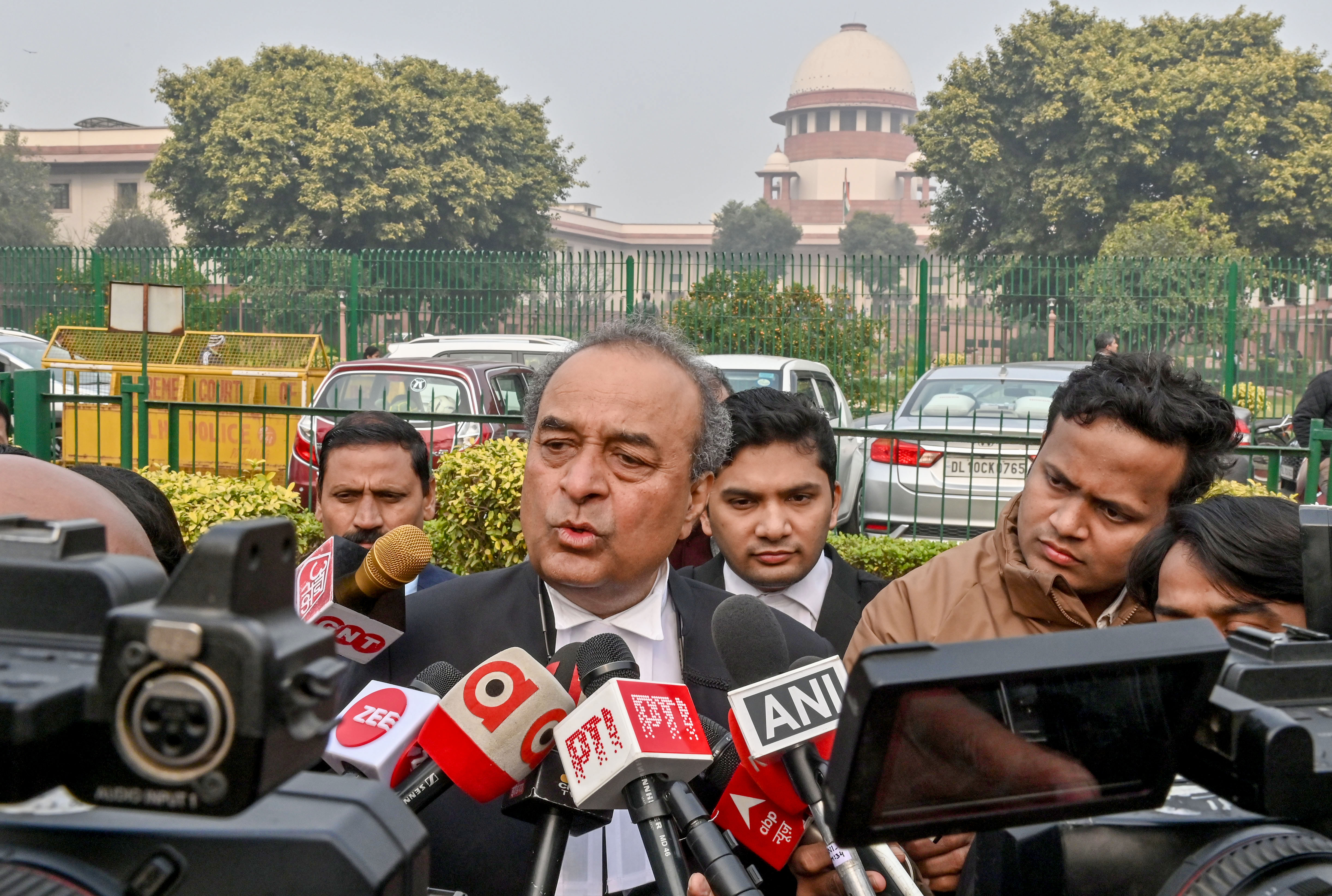Higher interest rates and weaker external demand will continue to weigh on investment and exports in 2023
Our Bureau
New Delhi
India’s economy is expected to grow by 6.7 per cent in the calendar year 2024, supported by resilient domestic demand, according to a UN report which said higher interest rates and weaker external demand will continue to weigh on investment and exports this year for the country.
The World Economic Situation and Prospects as of mid-2023 released on Tuesday said India’s economy, the largest in the South Asian region, is expected to expand by 5.8 per cent in 2023 and 6.7 per cent in 2024 (calendar year basis), supported by resilient domestic demand.
However, higher interest rates and weaker external demand will continue to weigh on investment and exports in 2023, it said. Inflation in India is expected to decelerate to 5.5 per cent in 2023 as global commodity prices moderate and slower currency depreciation reduces imported inflation. The estimates for India’s economic growth in the mid-year assessment remained unchanged from the projections made in the World Economic Situation and Prospects 2023 report launched in January this year.
The flagship report issued in January had said that India’s GDP is projected to moderate to 5.8 per cent in 2023 as higher interest rates and global economic slowdown weigh on investment and exports.
India’s economic growth is expected to remain “strong” even as prospects for other South Asian nations “are more challenging.” India is projected to grow at 6.7 per cent in 2024, the fastest-growing major economy in the world, the flagship report had said.
Chief of the Global Economic Monitoring Branch, Economic Analysis and Policy Division, UN Department of Economic and Social Affairs, Hamid Rashid had said at a press conference that India is a “bright spot” in the world economy.
According to several experts, as the trajectory of rising economies shifts more towards Asia, the recent G20 meetings have come into the spotlight since December 2022 when India took on the presidency role of the same.
India’s G20 presidency holds immense importance in advancing the notable accomplishments of the past 17 presidencies, given its status as the largest democracy globally and the rapidly expanding economy. The G20 is held annually with a rotating presidency. The motto of this G20 meeting is “Vasudhaiva Kutumbakkam”, which translates to “The World is One (my) family”
Formed in 1999, the G20 comprises 19 nations and the European Union, serving as a platform for Finance Ministers and Central Bank Governors to engage in discussions regarding global economic and financial matters. The G20 nations collectively represent nearly two-thirds of the world’s population, 75% of global trade, and 85% of the global GDP.
In the aftermath of the worldwide financial and economic crisis in 2007, the G20 was granted the status of the premier forum for international economic cooperation by elevating it to the level of Heads of State and Government. The G20 operates through two primary channels of involvement: the Finance Track, involving finance ministers and central bank governors, and the Sherpa Track.
India’s top priorities during this G20 meeting will be topics such as Green Development, Climate Finance. Accelerated & inclusive growth, Progressive measures on sustainable development, Technological advancement & Transformation, Digital Infrastructure, Multilateral institutions for the 21st century, and women-led development.
“Accelerated economic growth is key, given the fear of recession,” said Kishore Subramanian, the founder of Shree Consultants. In December, World Bank stated that at the end of 2021, the external debt of heavily indebted poor countries totaled $9 trillion. “Another ingredient for accelerated growth is the increased integration of micro, small, and medium enterprises (MSMEs) in world trade,” he added. According to data from the World Bank, small and medium-sized enterprises (SMEs) play a vital and significant role, particularly in developing nations. These enterprises constitute approximately 90% of all businesses and contribute to 50% of global employment.
India recognizes the crucial significance of trade routes and resources accessibility, advocating for international financial institutions to demonstrate greater responsiveness towards the funding needs of micro, small, and medium enterprises (MSMEs). Undoubtedly, prioritizing the reform of multilateral financial institutions to align with the requirements of the Global South will be a prominent agenda item during India’s presidency. India’s G20 presidency comes at a crucial stage when it is projected to be one of the top four global economies by the end of the decade so the expectations from it are quite high. The most paramount goal India is trying to achieve is to contribute solutions to the global challenges faced today, and also act as the bridge between developed and developing nations around the world.


























